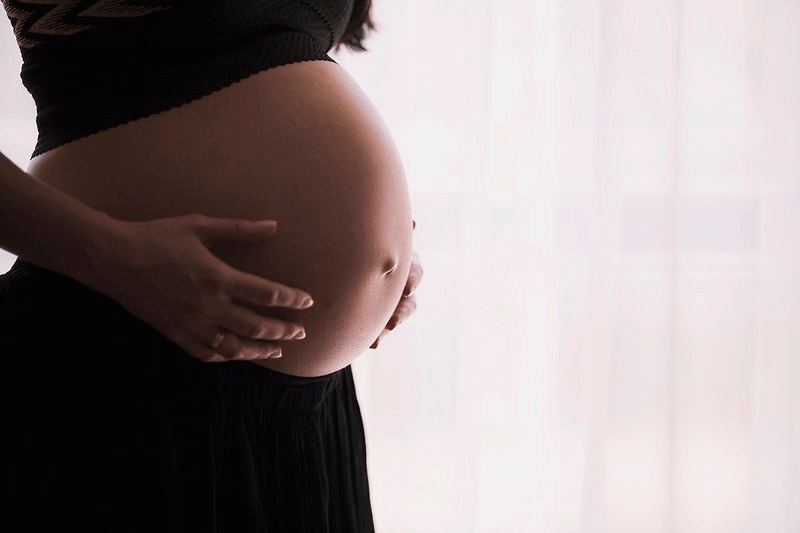The study builds on a previous assessment of babies born in New York City to mothers who were infected, conducted by the same research group. That small study also showed no significant brain delays in infants born to mothers who had COVID-19 during pregnancy.
More than 100 babies exposed before birth
The current study was expanded to include 407 infants aged from 5 to 11 months old living in New York City, Salt Lake City, and Birmingham, Alabama. The telehealth assessments took place from March 2021 to June 2022.
Almost one third (112) of the infants were exposed to COVID-19 in utero, but investigators were blinded to infection status at the time of the assessment. Of the 112 babies, 25% were exposed to an asymptomatic mother, and 74.5% were exposed to a symptomatic maternal infection.
All maternal infections included in the study were mild, as none required hospitalization or oxygen supplementation.
The average age of mothers during pregnancy was 32 years, and the vast majority of infants (90.2%) were born full term. Infants exposed to COVID-19 during pregnancy were more likely to be non-White, uninsured, and born to younger mothers.
According to the authors, exposed infants had a lower proportion of White mothers (odds ratio [OR], 0.41; 95% CI, 0.26-0.65) and a higher proportion of mothers who were of other or multiple races (OR, 2.23; 95% CI, 1.16-4.25) or Hispanic ethnicity (OR, 2.93; 95% CI, 1.84-4.68) compared with the unexposed group.
No delays in cognitive function
All families in the study were given baby toys and foods and a set of instructions for the assessment, which looked at fine and gross motor skills, as well as cognitive and language skills via a telehealth visit. Each assessment took approximately 45 minutes over a computer screen.
This was the first telehealth study to assess infant development and COVID-19. Though initially used as a way to limit exposures during the pandemic, the authors of the study said telehealth assessments allowed them to evaluate babies in their home environment, where they were likely to be more relaxed.
The researchers found no significant differences in infants exposed to COVID-19 in utero and those with no exposure. Timing of exposure in any of the pregnancy trimesters also had no link to delays. Moreover, there were no differences among infants whose mothers had been infected with COVID shortly before pregnancy or those who had never been infected.
“Neither the trimester of maternal infection during pregnancy nor maternal symptom status was associated with neurodevelopmental scores,” the authors concluded. “These findings offer information that may be helpful for pregnant individuals who might contract SARS-CoV-2 during pregnancy, although additional studies with longer-term follow-up of prenatally exposed infants are still needed.”































